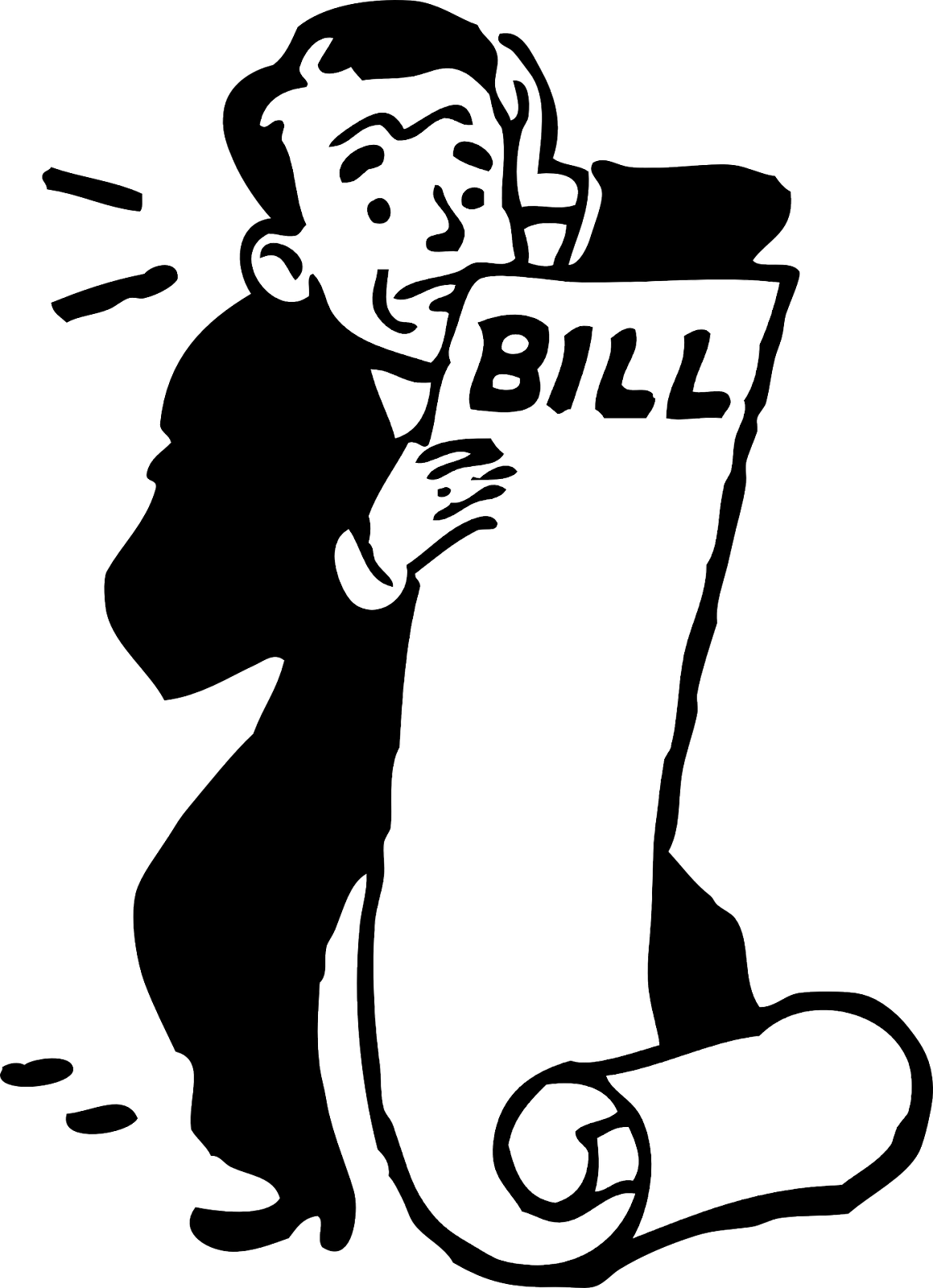A debt collector may harass you in different ways. Such as by making many calls that irritate or abuse you, using vulgar language, or making violent threats.
Keeping copies of everything you give to a debt collector as well as copies of any letters or papers they send you is a smart idea. If you have a disagreement with a debt collector, see an attorney, or appear in court, these records may be useful to you.
- The debt’s sum
- False threats to get you arrested
- Threats to take action that are illegal or that the debt collector has no intention of taking action
A power of attorney can help you understand your rights and develop a strategy to protect yourself from further harassment.
The FDCPA prohibits the use of fraudulent or misleading practices by debt collectors. This includes making false statements about the debt, such as:
- Misrepresentation: In the event that the debt collector violates the FDCPA, you can also sue them. The debt collector must pay your debt collector harassment lawyer’s fees. They might even be required to compensate you for damages if you sue under the FDCPA and prevail.
- Calls made with the intention of annoying, harassing, or abusing you or anybody else who picks up the phone.
- Vulgar or offensive language
- Threats of damage or violence
- Publishing a list of debtors who don’t make payments
- Calling you and not identifying themselves
Actions You Can Take To Stop Being Harassed By Debt Collectors:
Here are some actions guaranteed to help get these debt collectors off your back.For legal actions, we should contact the right person.
They can also help you negotiate with the debt collector, and possibly even help you to resolve the debt in a way that is fair and manageable for you. At best, dealing with a debt collector’s calls can be unpleasant; at worst, it can be dehumanizing. Since most debt collectors are paid on commission and have no training, they act aggressively.
1. The First Step In How To Stop Debt Collector Harassment Is Knowing Your Rights.
Most people are aware of their rights when dealing with law enforcement; nevertheless, while dealing with debt collectors, they come across as being illiterate. Therefore, it’s crucial to keep in mind that the FDCPA safeguards you as a borrower.
The legislation forbids debt collectors from harassing you and specifies when, when, and how they can get in touch with you as well as how to stop them.
The law allows you to write a letter to a debt collector asking them to cease harassing you if they are doing so. It must abide by the FDCPA’s written request that you not be contacted. You have the right to complain to the Federal Trade Commission if this does not take place.
2.The Importance Of Documenting All Contact And Misconduct.
Debt collectors frequently take notes when speaking with clients. Ensure that you follow suit by keeping a record of every forbidden behavior. Remember that the FDCPA should be thoroughly documented if there was any violation throughout the encounter.
You can build a strong case using the information you learn from your interactions with any pestering debt collectors. If you want to file a case, it might even increase your chances of winning.
When dealing with a debt collector on the phone or during any other type of transaction, it is advisable to have a witness present. You can also catch anything you say to the debt collector on tape. In Mississippi, recording an oral or electronic discussion is legal as long as one side is aware of it; nonetheless, it is best to confirm the debt collector has given permission.
3.Submit A Complaint To The Appropriate Authorities.
Make a complaint to your state’s agency, the Consumer Financial Protection Bureau, or the Federal Trade Commission. It would be wise to file a complaint with these pertinent organizations. Along with copies of the collection and original creditor documents, make sure to include all the information that was indicated previously.
In most cases, submitting a complaint will help you stop being harassed since it will make the debt collector think twice about erasing the debt if you decide not to pursue the litigation.
You can achieve a perfect outcome, such as avoiding potentially drawn-out legal actions, the debt, and ultimately the harassment, by having your debt canceled by a debt collection firm.
4. Employ A Debt Collector Harassment Lawyer.
Choosing to work with a debt collector harassment lawyer is a wise choice if an aggressive debt collector has driven you to your breaking point. In this situation, legal counsel is useful since it will make sure that you follow the law in whatever you do.
You will learn about your rights and how to stop debt collector harassment from an experienced attorney. To make sure your case is completely resolved, they might even file a lawsuit against the debt collector.
5. File A Harassment Claim Against The Debt Collection Agency.
You can launch a lawsuit against the debt collector after hiring an attorney. This course of action is only advised if a debt collector is persistently pestering you. Since you run the possibility of having to cover the debt collector’s court costs and legal fees if you lose the case, your lawyer should provide you with appropriate legal advice.
The FDCPA is a strict liability legislation, therefore it’s important to keep in mind that you don’t need to show any actual losses in order to succeed. You have up to a year from the date of the harassment to file a claim for damages in a state or federal court, according to the legislation.
If you sue a debt collection agency, you may receive financial compensation as well as reimbursement for your attorney’s fees and any losses you may have suffered while attempting to change your phone number as a result of the harassment.
Conclusion
Do not give in if a debt collector is pestering you. There are several efficient ways to stop the harassment of debt collectors. Follow the steps above to free yourself from the stress of aggressive debt collectors. You can sue the debt collection agency.
Remember that you are still responsible for the debt even if a judge determines that a debt collector violated the FDCPA while attempting to collect it.



